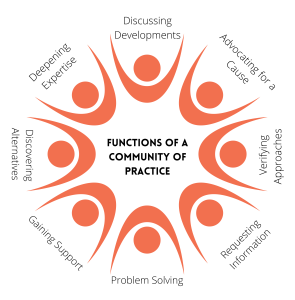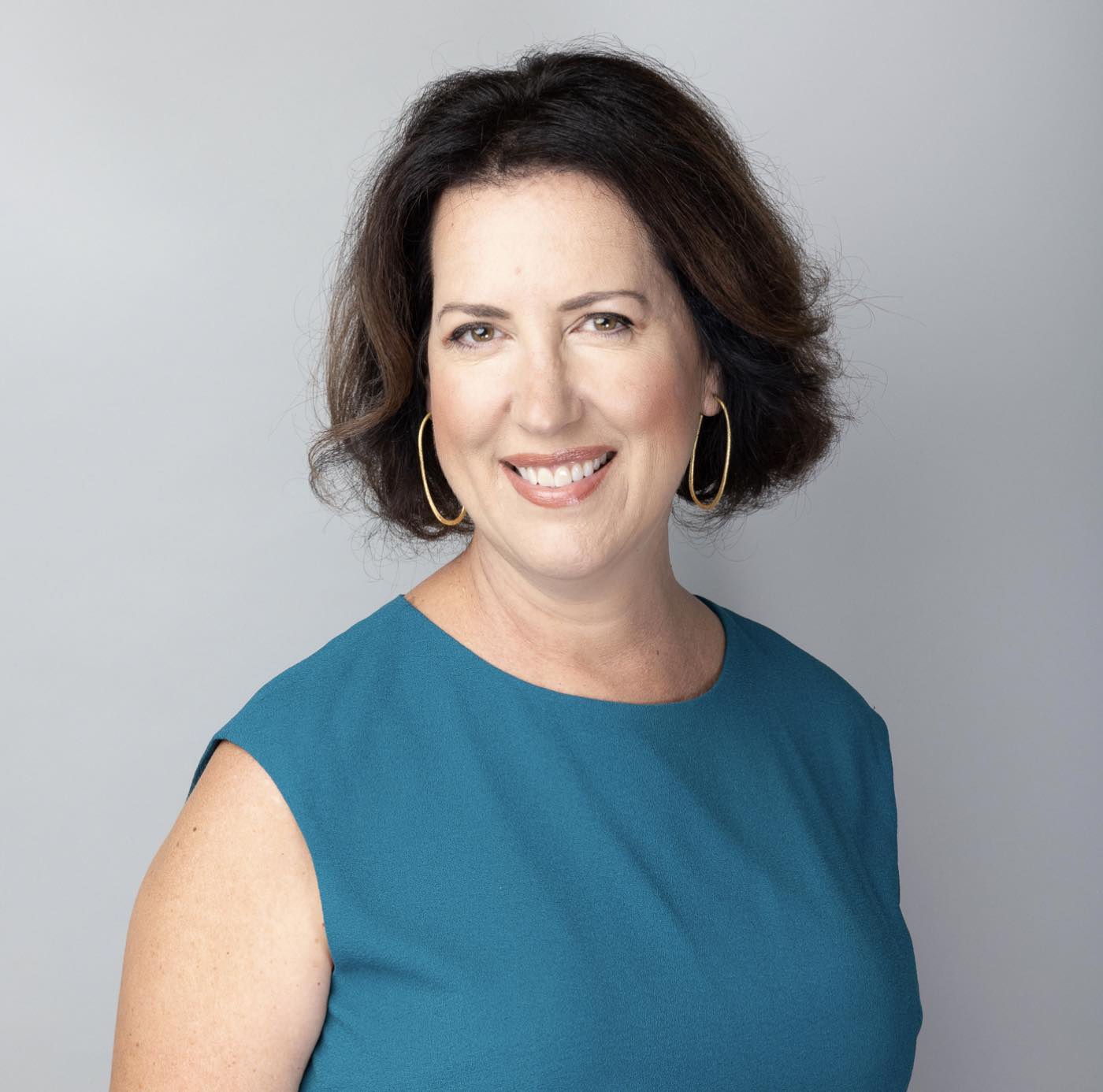Building Your Online Community of Practice With Social Media
Being more isolated during these pandemic times has made some of us long for the days of in-person professional development where we could spend time drinking coffee and chatting across a table with our colleagues. Like me, perhaps you find engagement with colleagues absolutely vital to your ongoing professional development. Now that we do so much remotely, we know that wherever we are in the world, we are part of an incredibly vast, diverse, and energized community of TESOL educators—but how do we find and then interact with each other? This is where an online community of practice comes in.
Online communities provide us the chance to be part of:
…a group of other TESOL educators who gathers regularly to share lesson ideas, exchange resources, and celebrate each other’s successes.
…a community of professionals in English language teaching that develops relationships over time and is always available, 24/7.
…a forum for putting forward problems of practice and persistent dilemmas that receive multiple solutions in response.
…a setting to find the latest research and learn about professional development events of interest.
The term Community of Practice (CoP) was initially coined by Lave and Wenger in 1991 in their book Situated Learning: Legitimate Peripheral Participation to describe how informal learning circles guide apprentices moving into a profession. In CoPs, practitioners share their knowledge and skills freely and laterally in ways that are mutually supportive and growth-oriented. As Wenger puts it, “communities of practice are groups of people who share a concern or a passion for something they do and learn how to do it better as they interact regularly.”
As outlined by Wenger-Traynor and Wenger-Traynor, CoPs can serve a variety of purposes, as presented in Figure 1:
Particularly during this past year where we have been working remotely, CoPs are sustaining and essential spaces for us to continue to stay motivated and connected. The Edmonton Regional Learning Consortium in Alberta, Canada emphasizes that interaction on an ongoing basis among the community’s members is an essential feature of CoPs. While many workplaces have professional learning networks, book clubs, and other organized CoPs that have continued online via web conferencing, many of our opportunities to gather and interact in CoPs now reside in social media spaces—hence the term Virtual Communities of Practice (VCoP).
Leather (2018) compellingly presents VCoPs as spaces for “storytelling” across geographic, political, and other boundaries that might usually hinder connections among TESOL professionals. She found that “storytelling involves an individual telling another individual how they themselves solved practical problems. …Workers…are five times more likely to turn to a co-worker rather than an explicit source of information such as a book, manual, or database.” The abundance of TESOL-focused VCoPs found across social media platforms underscores this truth—we turn to our colleagues, and, in our field, those colleagues can be found anywhere around the world.
Even if you are very anti-social media, consider creating an account that is purely for education purposes and joining one or two social media groups to see what they have to offer. As Haynes shared in a TESOL Blog, “social media bypasses the challenges of traditional PD. It is real-time, cost effective, accessible around the world, and driven by practitioners, not school administrators or consultants.” I too used to be social-media adverse, but now I feel I would be really out-of-touch if not for being connected to TESOL groups active online!
Here are five suggestions to get started:
1. TESOL International Association’s Professional Learning Network
If you are a member of TESOL, make sure you are not missing out on being an active part of one or many of the Professional Learning Networks (PLNs) available! All through the month of August 2021, the PLNs will be introducing themselves on the myTESOL discussion board. These are more focused discussion groups than the broader myTESOL board, and they are a great place to go deeper and request information from colleagues.
2. Facebook Groups
If you have or can create a Facebook account, Facebook is replete with groups that address interests held by TESOL professionals. Just go to “groups” and search using terms like “TESOL,” “TEFL,” and “Teaching English.” Note how active they are with new daily posts in order to decide if they will be dynamic and up-to-date. A few international groups that might be of broad interest are the Innovative Teachers of English, English Activities for Teachers, and Teachers of English for Professional Development. Other international groups are narrower in focus, like Second Language Research or Women in ELT. Also look for regional or local Facebook groups to engage with content that might be contextually relevant, such as the Barcelona TEFL Group in Spain, Leading ELLs in the United States, or English Teachers in Colombia.
3. Twitter Chats
While “tweeting” is brief, it can be very interactive and it’s a great way to directly connect with authors, speakers, researchers, and other thought-leaders in our field. VCoPs form via hashtags (a “#” followed by a keyword, e.g. #ELL) so you can tag and channel your conversations on the platform. By entering a hashtag in the search tool, you can see all related tweets grouped together, and this includes those you follow and those you don’t. Try following a few hashtags and join a live Twitter Chat—these are timed events in which exchange follows several question prompts posted by the chat facilitators and are a great chance to connect with other professionals on a topic of interest. A few hashtags to get started are #ELT, #TESOL, #TEFL, and #CLIL. A great review of how to use Twitter for TESOL professionals can be found at American English if you are new to Twitter.
4. LinkedIn Conversation Groups
Joining a VPoC on Linkedin requires first creating a profile, and then searching under “Groups” with search terms like “K-12 teacher,” “ESL,” “EFL,” or any that are relevant to your interests. You can also start your own group based on an area you would like to explore with colleagues. LinkedIn is a social networking platform whose group function provides the means of sharing topics with your current and new connections, which also are great for job networking. Some groups to try include ELT Professionals, iTeach English, and the Adult Literacy Network. This teachers’ guide to the use of Linkedin provides an overview of using LinkedIn for professional conversations.
5. Your TESOL Affiliate
Check out how members of your local TESOL affiliate regularly interact with one another—perhaps it’s through a message board, discussion forum, listserv, or regular web conferencing meet-ups. From Georgia TESOL to the English Teachers’ Association of Georgia, these are great for asking questions relevant to local policies or institutional practices where you live. Often, the relationships you build in these VCoPs lead to collaborations and career advancement opportunities.
In the comments, share the social media spaces where you find your community!


